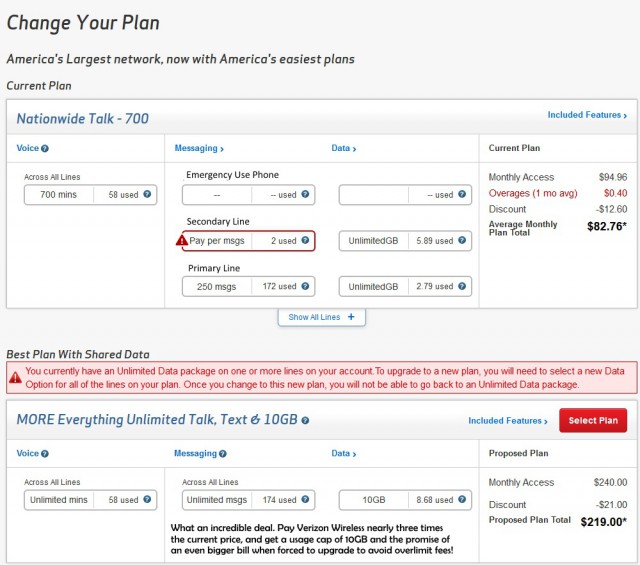 Building in protection from cord-cutting, AT&T today announced it was bringing back its unlimited data wireless plan for customers that subscribe to U-verse TV or DirecTV.
Building in protection from cord-cutting, AT&T today announced it was bringing back its unlimited data wireless plan for customers that subscribe to U-verse TV or DirecTV.
The new AT&T Unlimited Plan claims to offer unlimited data, talk and text for $100 a month. Additional smartphones are $40 per month each, with a fourth smartphone free to add at no extra charge.
“Video traffic continues to grow on our network as fast as ever because people enjoy viewing their favorite video content on their favorite devices,” said Ralph de la Vega, CEO of AT&T Mobile and Business Solutions. “And, they will get a high-quality video streaming experience from the start. No compromises in video quality.”
Except that AT&T discloses in its fine print, “After 22GB of data usage on a line in a bill cycle, for the remainder of the bill cycle AT&T may slow data speeds on that line during periods of network congestion.”
Speed throttles often affect video quality and can stall playback.
It’s the first time in five years AT&T has offered an “unlimited data” wireless option to its mobile customers. Analysts suspect the offer is designed to compete with T-Mobile’s free video streaming “BingeOn” promotion, while also protecting AT&T’s video platforms from cord-cutting. AT&T also gets an opportunity to add new video customers to its recently acquired DirecTV service, because only customers with a qualifying video subscription are allowed to buy the unlimited data plan.
AT&T is tying the unlimited data promotion to its satellite offering DirecTV, not U-verse, with a promotional satellite TV package for new video customers beginning at $19.99 per month for 12 months, with a 24 month agreement. After one year, the base TV package increases to $49.99 a month.
To bring back AT&T wireless customers that left for another carrier, AT&T is offering up to $500 in incentives when customers switch to the AT&T Unlimited Plan with an eligible trade-in and buy a new smartphone on AT&T Next. Customers who combine their U-verse or DirecTV account with AT&T Wireless on a single bill will also get an extra $10 off per month.
AT&T is effectively selling its Unlimited Plan for $60 a month, double AT&T’s original rate for unlimited data of just under $30. With a video subscription pre-qualifier, customers enrolling in the plan can expect a substantial bill.
| AT&T Unlimited Plan | |
| Device Type | Monthly Access Fee Per Device |
| 1st Smartphone | $100 |
| Additional Smartphones (Fourth line free after bill credit) | + $40 |
| Tablets | + $40 (or $10 for 1GB) |
| Watches | + $10 |
| Basic/messaging phones | + $25 |
| Select connected devices | + $10 |
On the mobile side, customers will be initially expected to pay up to $220 a month for four active lines. The $40 credit for the fourth smartphone only begins after two billing cycles, finally reducing the bill to $180 a month before taxes and surcharges. A required video package will range from $19.99 for a basic DirecTV plan ($49.99 in year two) to as much as $80 or more for U-verse TV, bringing a combined television and wireless bill to more than $300 a month.
Those with 4G tablets can save some money dropping the $40 unlimited data device access fee and choosing a $10 1GB data plan for tablets instead.


 Subscribe
Subscribe

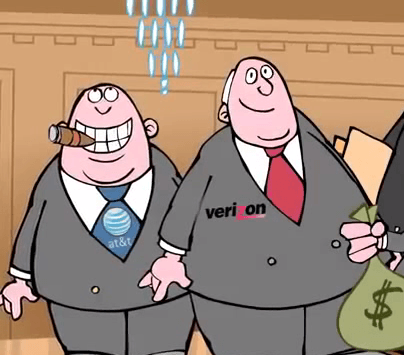 Without dramatic changes in wireless pricing and more careful usage, owning a smartphone will cost an average of $119 a month per phone by the year 2019.
Without dramatic changes in wireless pricing and more careful usage, owning a smartphone will cost an average of $119 a month per phone by the year 2019.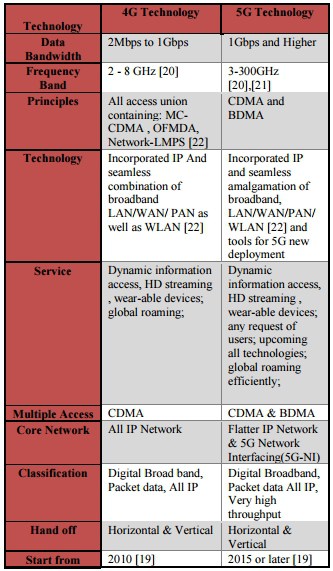 Wireless carriers defend their pricing, claiming they have cut prices on certain data plans while granting some customers extra gigabytes of usage at no extra cost. Some evidence shows that carriers have indeed reduced the asking price of delivering a megabyte of data by 50 percent annually. But their costs to deliver that data have dropped even faster, particularly as networks shift traffic away from older 3G networks to 4G technology, which is vastly more efficient than its predecessor.
Wireless carriers defend their pricing, claiming they have cut prices on certain data plans while granting some customers extra gigabytes of usage at no extra cost. Some evidence shows that carriers have indeed reduced the asking price of delivering a megabyte of data by 50 percent annually. But their costs to deliver that data have dropped even faster, particularly as networks shift traffic away from older 3G networks to 4G technology, which is vastly more efficient than its predecessor.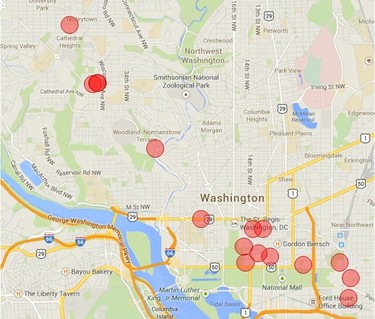
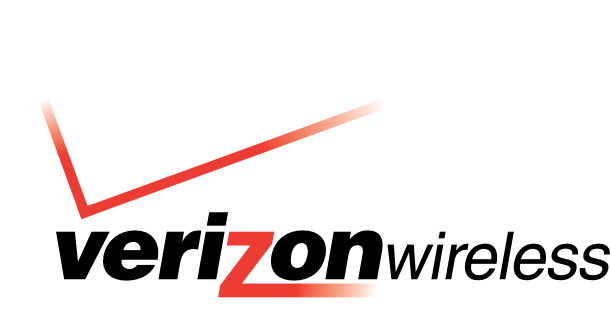 Verizon Wireless is closing several loopholes that customers have used to acquire new subsidized, on-contract smartphones and keep their unlimited data plans intact for an extra two years.
Verizon Wireless is closing several loopholes that customers have used to acquire new subsidized, on-contract smartphones and keep their unlimited data plans intact for an extra two years.
